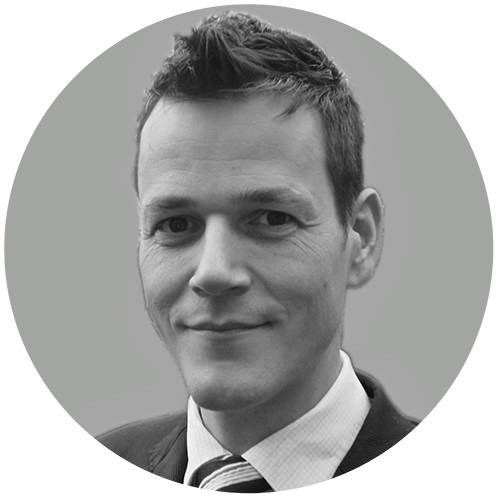Earlier this month, Matthew Clark, the ENT consultant at our Cheltenham Clinic, joined a group of two other surgeons, two scrub nurses and an anaesthetist to undertake a surgical ear camp in Nepal.
This camp is run by the BRINOS (Britain Nepal Otology Service), and The Tinnitus Clinic helped fund Matthew’s attendance at the camp.
BRINOS was established about 25 years ago and this was their 54th camp. Over the years, the local Nepalese, have been trained to conduct screening clinics around the country, identifying potential cases that would benefit from surgery.
When Matthew and the other members of the team arrived in Nepalgunj, near the Indian border, their first task was to set up an operating theatre – in the front room of an old house.
Matthew writes, “Out come the sturdy metal trunks that house the equipment – operating microscopes are assembled along with drills, suction equipment and diathermy. Shelves get stocked with dressings, drugs and sutures.
At one end two tables, propped up on bricks, serve as the local anaesthetic tables, for myringoplasty (repair of ear drum perforation) procedures. At the other end of the room the general anaesthetic table for the more complex mastoid operations. Our anaesthetist has surrounded himself with his equipment – oxygen concentrators, monitors and numerous vials of medications.
After a few hours what was an empty room has transformed, complete with Union flag.”
Once their operating theatre was ready, Matthew and his team began examining and operating. In their week-long visit, they operated on over 100 patients.
“A Nepalese surgeon joined the three of us from the UK, such that the four of us rotate, providing a little breathing space between cases. It is a great opportunity to help teach our Nepalese colleague who is eager to learn new techniques.
Each day we get through about 14 local anaesthetic cases – the ear drum perforations here are not like those we tend to encounter in the UK – they are huge and as such a real surgical challenge. We have to adjust our surgical techniques to give long-term safe ears that do not rely on the formal follow-up that we can become reliant upon in the UK.
Whilst the camp is really hard work with long days and challenging working conditions, the sense of achievement is great and the camaraderie amongst the group infectious. I am hugely thankful to the Tinnitus Clinic for helping to fund my trip and therefore recognising that this type of work is so important.”
For more information about the Nepal Ear Camps, visit the BRINOS website.




